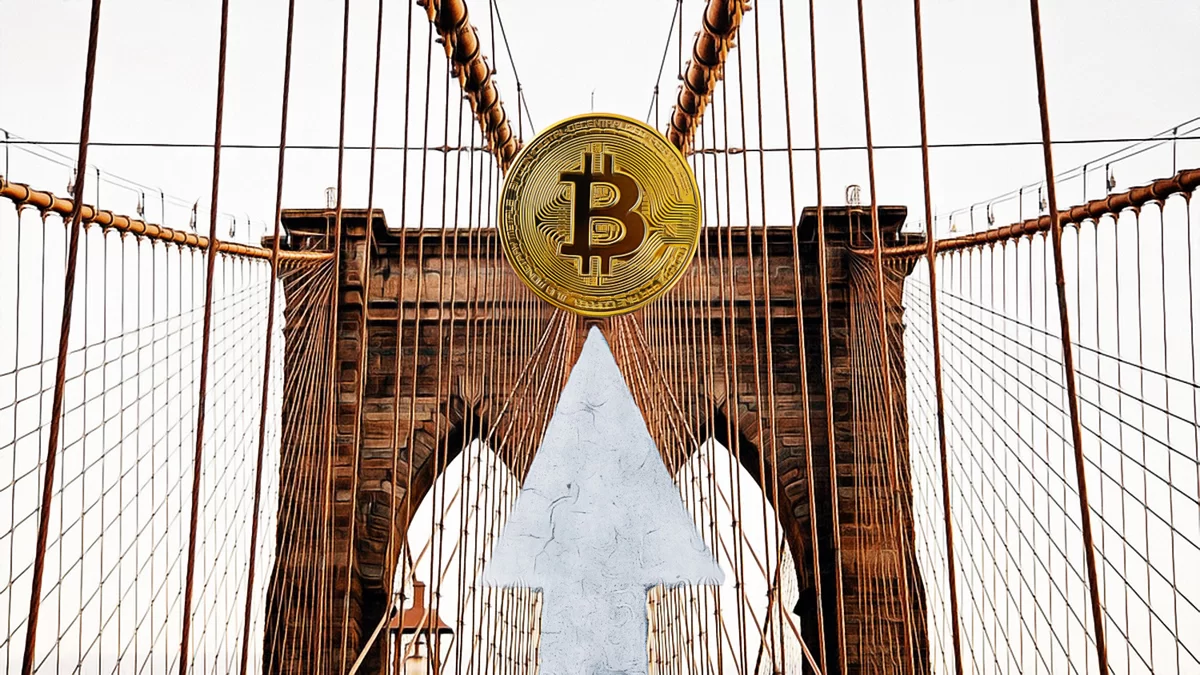José Ribeiro, the CEO of the cryptocurrency exchange Coinext, has caught attention with his remarks. According to the well-known figure, the crypto trend may have passed, but new users continue to join Web3, especially in developing countries like Brazil. Ribeiro explained how Brazil’s crypto economy and regulatory clarity have increased competition in the country’s payment sector during the Web Summit event in Lisbon.
Brazil and the Crypto Market
Ribeiro believes that with the entry of global crypto exchanges such as Binance, OKX, and Coinbase, Bitcoin trading volume in Brazil will reach record levels by 2023. Ribeiro commented:
“Competition has significantly increased, which is part of the crypto adoption perspective. The country has a history related to inflation, and I see that interest rates will definitely decrease next year, and we will experience another cycle.”
The interest rate in Brazil has currently decreased from 12.75% to 12.25% and according to a recent survey conducted by the local central bank, it may reach 9.25% by December 2024. In addition to the perspective of low interest rates in Brazil, global events such as the approval of a spot Bitcoin ETF in the United States and Bitcoin’s halving activity are expected to affect prices. However, according to Ribeiro, the crypto community needs to focus on fundamentals rather than price movements:
“People only hear about Bitcoin when the price reaches an all-time high, right? But people don’t talk much about fundamentals, and the fundamentals haven’t changed since its creation.”

Officials are Willing to Embrace Crypto
Ribeiro also highlighted the importance of regulatory frameworks in increasing innovation in the country. Referring to the monthly reports submitted to local tax authorities regarding transactions on exchanges, Ribeiro stated that they are advanced in terms of forms to comply with tax authorities. According to the CEO of Coinext, Brazilian regulators are willing to participate in discussions about crypto and payments:
“Officials understand crypto, they understand the risks of our business, which is a good thing. I won’t say that regulation is good, but there is a need for regulation in some way because we definitely want some rules to be competitive in the market because we are competing with companies outside Brazil that do not pay taxes, so we are not competing on an equal footing.”









